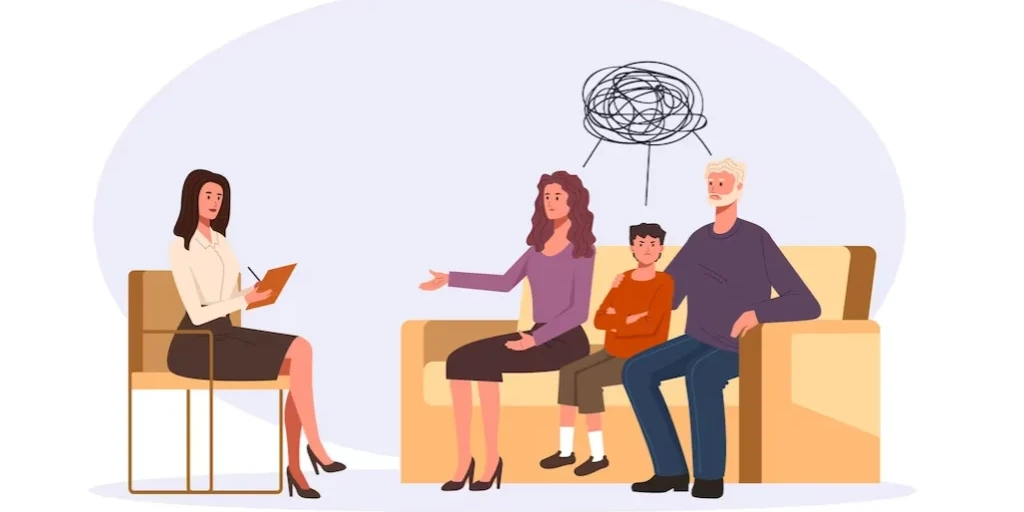24/7 Helpline:
(866) 899-221924/7 Helpline:
(866) 899-2219
Learn more about Dual Diagnosis Rehab centers in Cache County

Other Insurance Options

Magellan Health

BlueCross

Holman Group

Meritain

WellCare Health Plans

Multiplan

Choice Care Network

Coventry Health Care

Evernorth

Covered California

AllWell

Sliding scale payment assistance

MHNNet Behavioral Health

Lucent

Highmark

UMR

Humana

Amerigroup

Cigna

BHS | Behavioral Health Systems

























































































































































































































































































